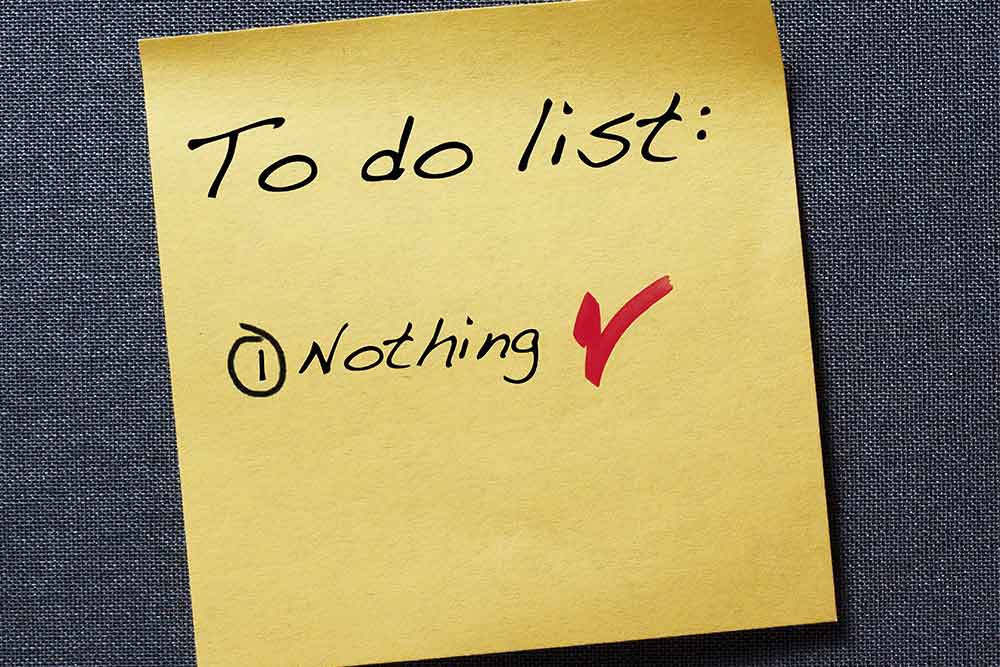The second half of the year can easily pass as the busiest. In our culture, which celebrates different occasions with pomp and fervour, it's quite common to have elaborate festivities. Now, amidst all the running around and preparations for these celebrations, things can quickly become overwhelming. I used to feel the same way until a therapist friend recommended practising stillness to centre myself. What is it, you ask? Well, let's find out.
Stillness is essentially the art of doing nothing. You know those times, where you would just like to... be? Not having any errands to run, just spending your time focusing on the things you want to do, or not do. We are not built to be running all the time. We need a break and what can be a better break than doing nothing?

At first, I did have a hard time wrapping my head around this whole concept. But with some practice, and a lot of patience (it’s not easy when your mind is working all the time), I was able to really get into the flow and just do (or not do) my own things. Here's what I've learned from practising stillness:
1. What we refer to as "doing nothing" is actually vital for our physiological well-being and the maintenance of a pleasant, tranquil, and balanced lifestyle. It is absolutely societal (and completely unhealthy) to believe that we must always be doing something. Notice how we only feel like we're doing "something" when it can be judged externally by other people?

2. The brain is super-powering itself in the "do nothing" state, doing subconscious tasks or integrating and processing aware experiences. Many studies and research over the years have suggested that neural networks can assimilate experiences, consolidate memories, reinforce learning, regular attention, and emotions in the resting state, making us more productive and effective at work.
3. Creativity is encouraged in the state of walking away from the project, task, or issue at hand and distracting oneself with other day-to-day tasks. Numerous studies have shown that consistently creative people, who come up with the most novel and distinctive ideas, are the ones who detach themselves from the structure and let their minds roam rather than focusing on the numerous duties at hand. This is referred to by Einstein as activating the "holy intuitive mind" (as opposed to the logical mind, which he considers to be its "servant").

4. It assists you in becoming more mindful (more aware of the present moment). Mindfulness cultivates general stress reduction, improved memory, decreased emotional reactivity, increased relationship satisfaction, cognitive flexibility, empathy, compassion, and general anxiety and depression reduction/improvement of overall quality of life (and on and on.)

5. If you work on it intermittently, you're more likely to achieve what you set out to do (while also maintaining a healthier, happier lifestyle). Maintaining a constant state of focus causes life-shortening (and quality-depleting) stress, and while you're neglecting the things that really matter (your health, your family, your state of mind), you're more likely to hit your saturation point and simply give up on what you were devoting all of your time and energy to in the first place.
So, here’s hoping you find the time to practice stillness, and bring about a sense of balance in your life.